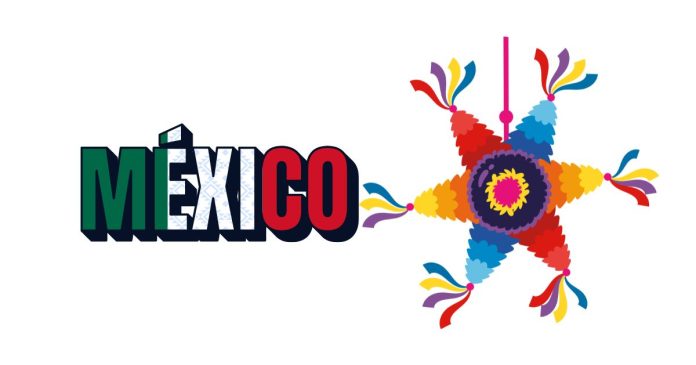If you’ve ever spent time in Mexico or interacted with Mexican culture, you might have heard the word “chingón” being used. You may wonder: What does “chingón” mean, and why is it used so often in Mexican slang?
In this blog post, we’ll break down the meaning of “chingón,” how it’s used in Mexican culture, and why it holds such significance in everyday language.
What Does “Chingón” Really Mean?
“Chingón” is a popular slang term in Mexican Spanish, and its meaning can vary depending on context. In its most basic sense, the word is used to describe something or someone that is impressive, cool, awesome, or exceptionally good. It conveys a sense of admiration, respect, or approval.
For example, if someone accomplishes something extraordinary, you might hear, “¡Está bien chingón!” which translates to, “It’s really awesome!”
However, it’s important to note that “chingón” has a more colorful and informal connotation, and can sometimes be considered vulgar depending on the context. The word is derived from “chingar,” a verb with a wide range of meanings, some of which are explicit. Despite this, “chingón” is often used casually among friends and family in a positive sense, especially in Mexico.
Common Uses of “Chingón” in Mexican Culture
Here are a few ways “chingón” might appear in everyday conversations:
- Complimenting Someone or Something
- If someone is good at something, like playing music, sports, or cooking, you might say, “¡Eres un chingón!” This means, “You’re amazing!” or “You’re a boss!”
- Example: “¡Ese taco está bien chingón!” (That taco is amazing!)
- Expressing Enthusiasm or Approval
- “Chingón” can be used to express excitement or approval about a situation, event, or achievement.
- Example: “El concierto estuvo chingón.” (The concert was awesome.)
- Describing an Exceptional Person or Thing
- You might also use it to describe something or someone that stands out because of their skills, talent, or quality.
- Example: “Este coche es un chingón.” (This car is incredible.)
The Origins and Variations of “Chingón”
The word “chingón” comes from the verb “chingar,” which has many meanings, often depending on the region or context. In Mexican slang, “chingar” can mean anything from “to mess with” to a more explicit connotation referring to sexual or aggressive behavior.
However, over time, “chingón” has evolved into a more positive term, widely used to show respect, admiration, or enthusiasm. In other Latin American countries, the term may be less common or used in different ways, so it’s always essential to be aware of the context in which it’s used.
Is “Chingón” Offensive?
While “chingón” can be a positive term in casual settings, it’s important to understand that it comes from a root word with vulgar or offensive connotations in some contexts. Because of this, it can be seen as inappropriate or disrespectful in formal situations or among people who are not familiar with its use.
It’s advisable to avoid using the term in professional or serious settings unless you know the people involved are comfortable with informal language. With close friends, however, “chingón” is often used in a playful, lighthearted way.
In Mexican culture, “chingón” is a versatile, popular term that conveys admiration and approval. Whether you’re complimenting someone’s abilities, expressing excitement, or describing something exceptional, “chingón” is a fun and positive way to show appreciation. Just be mindful of the context and audience, as it can have a more explicit origin and may not be appropriate in all situations. Understanding and using slang like “chingón” helps you connect more deeply with Mexican culture, adding some flavor and fun to your conversations!


